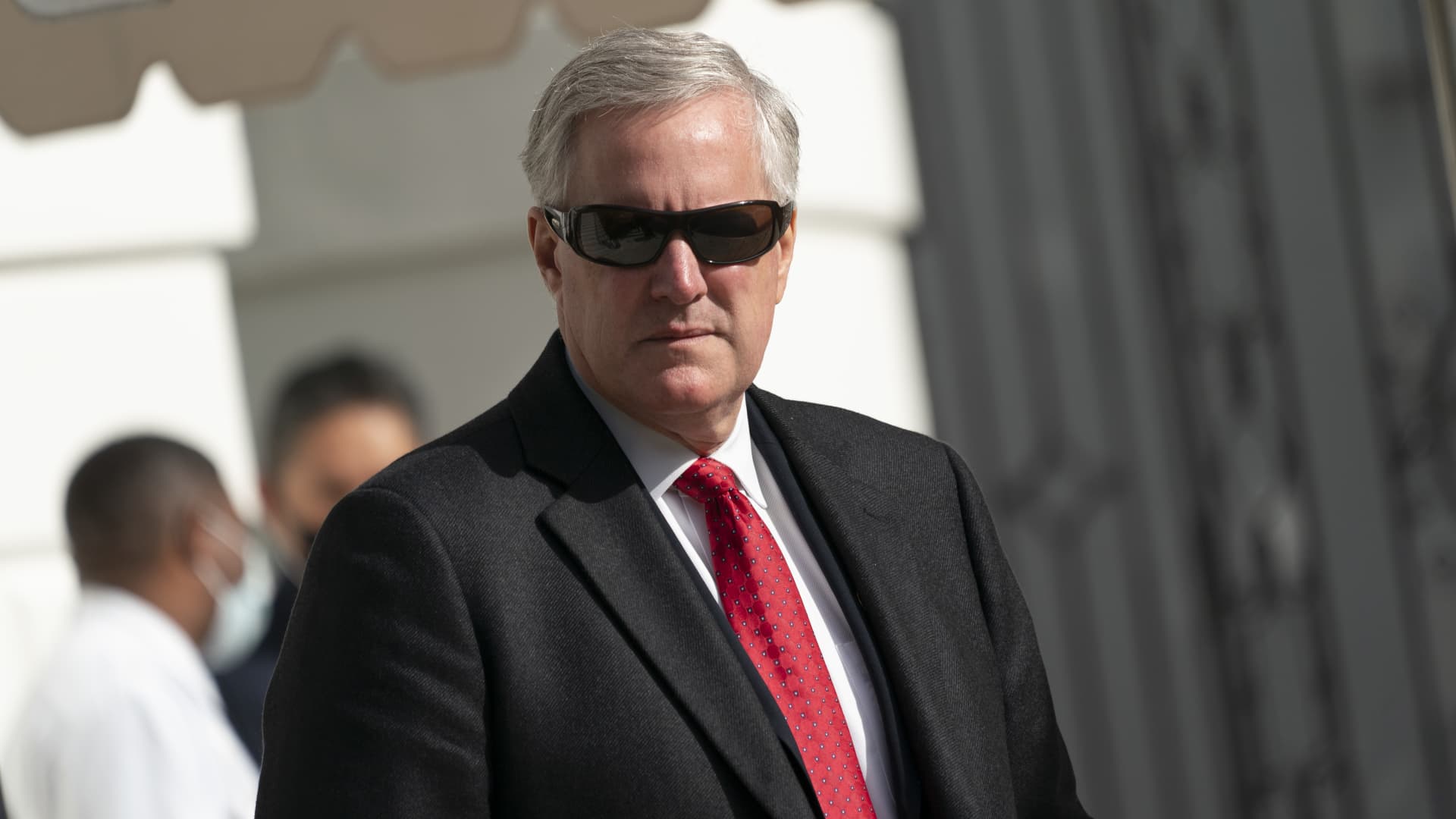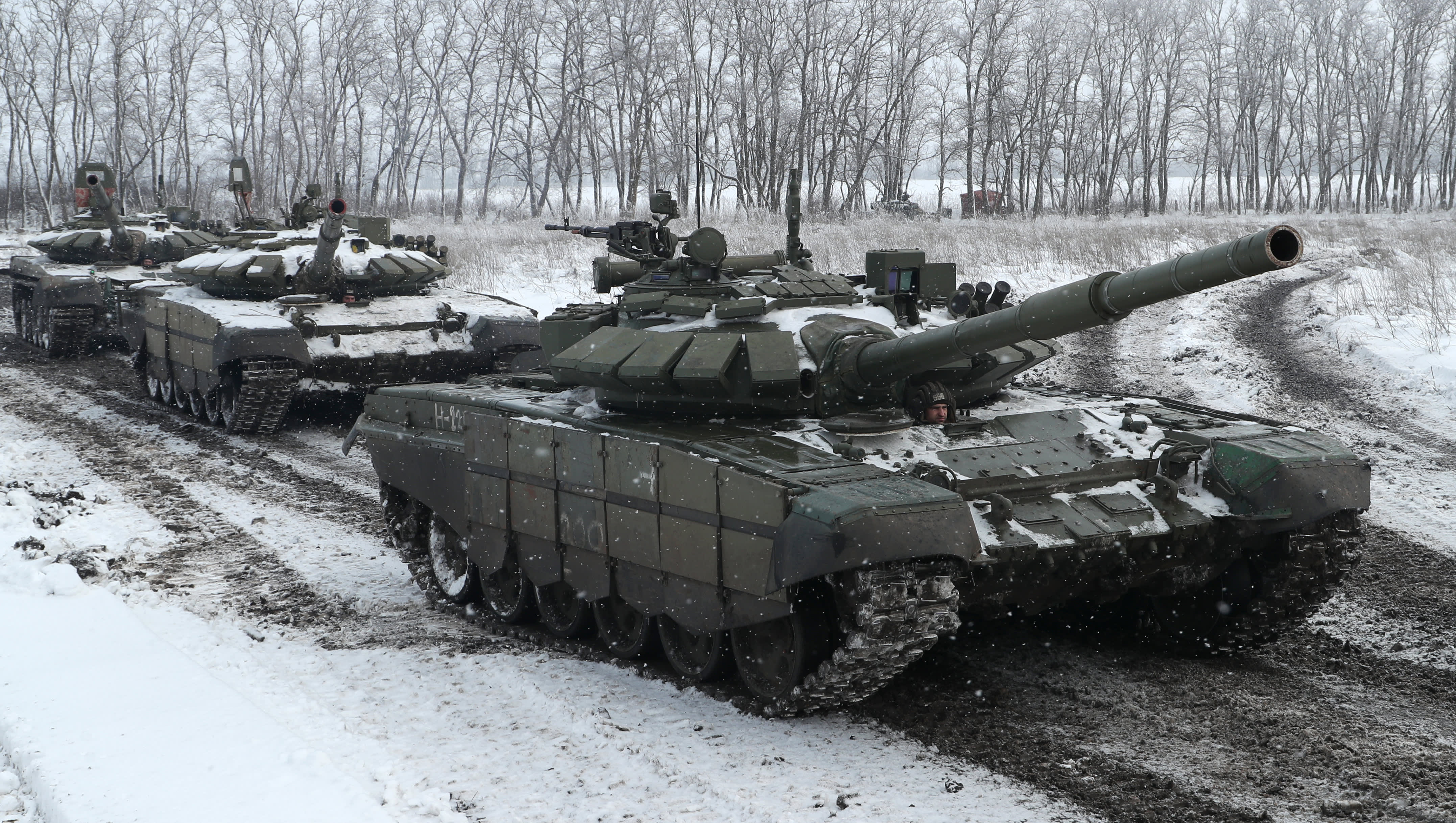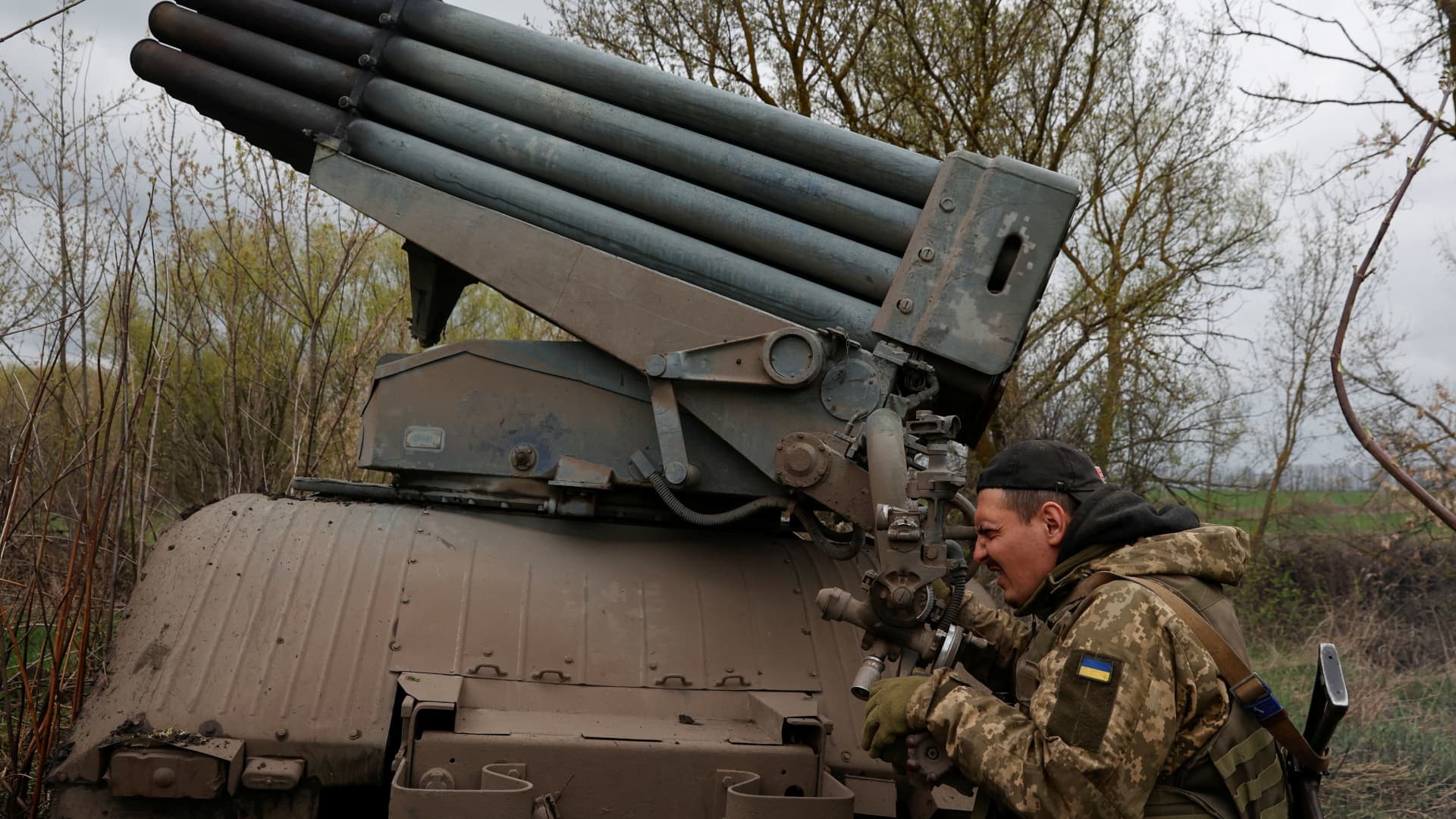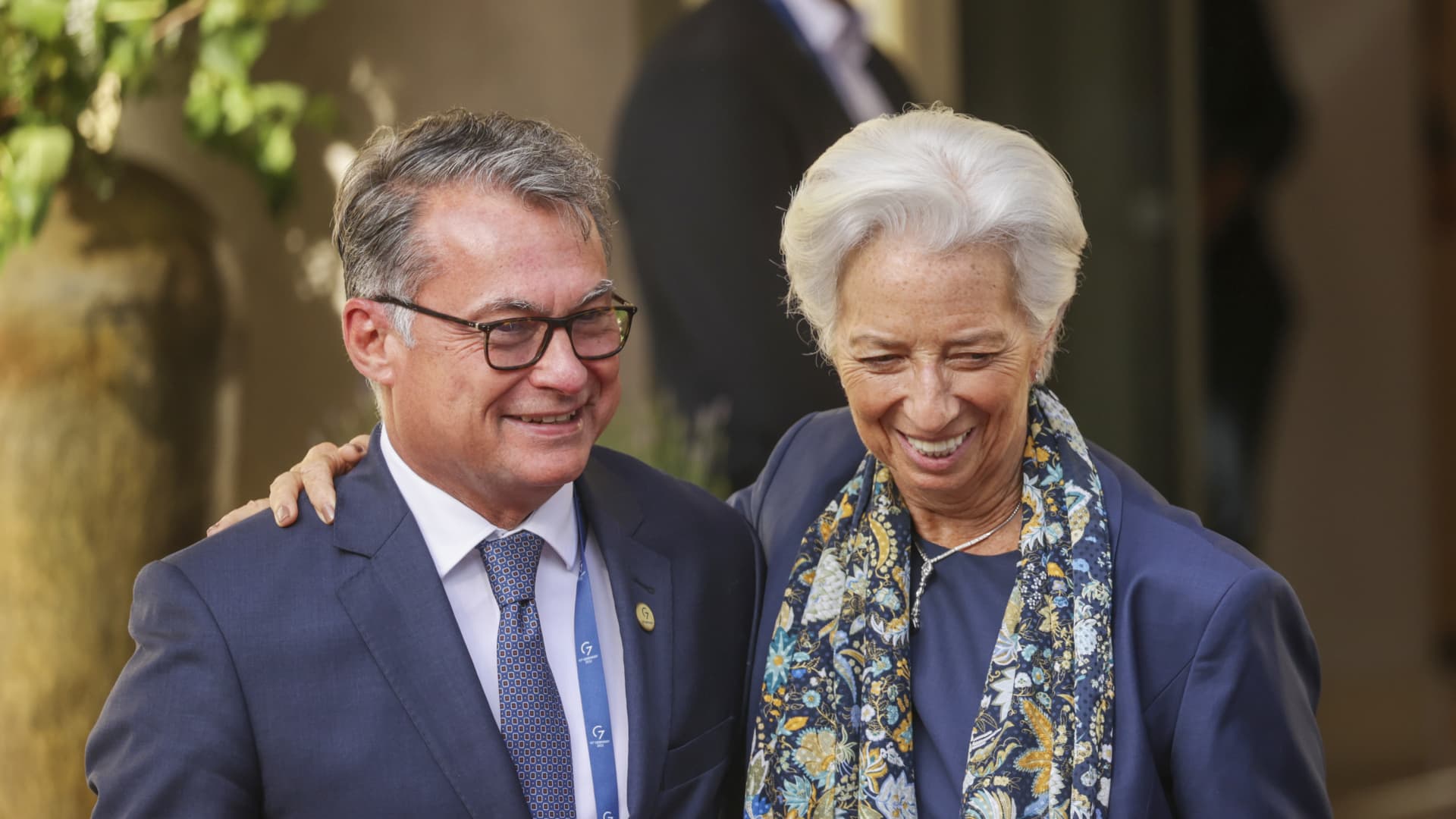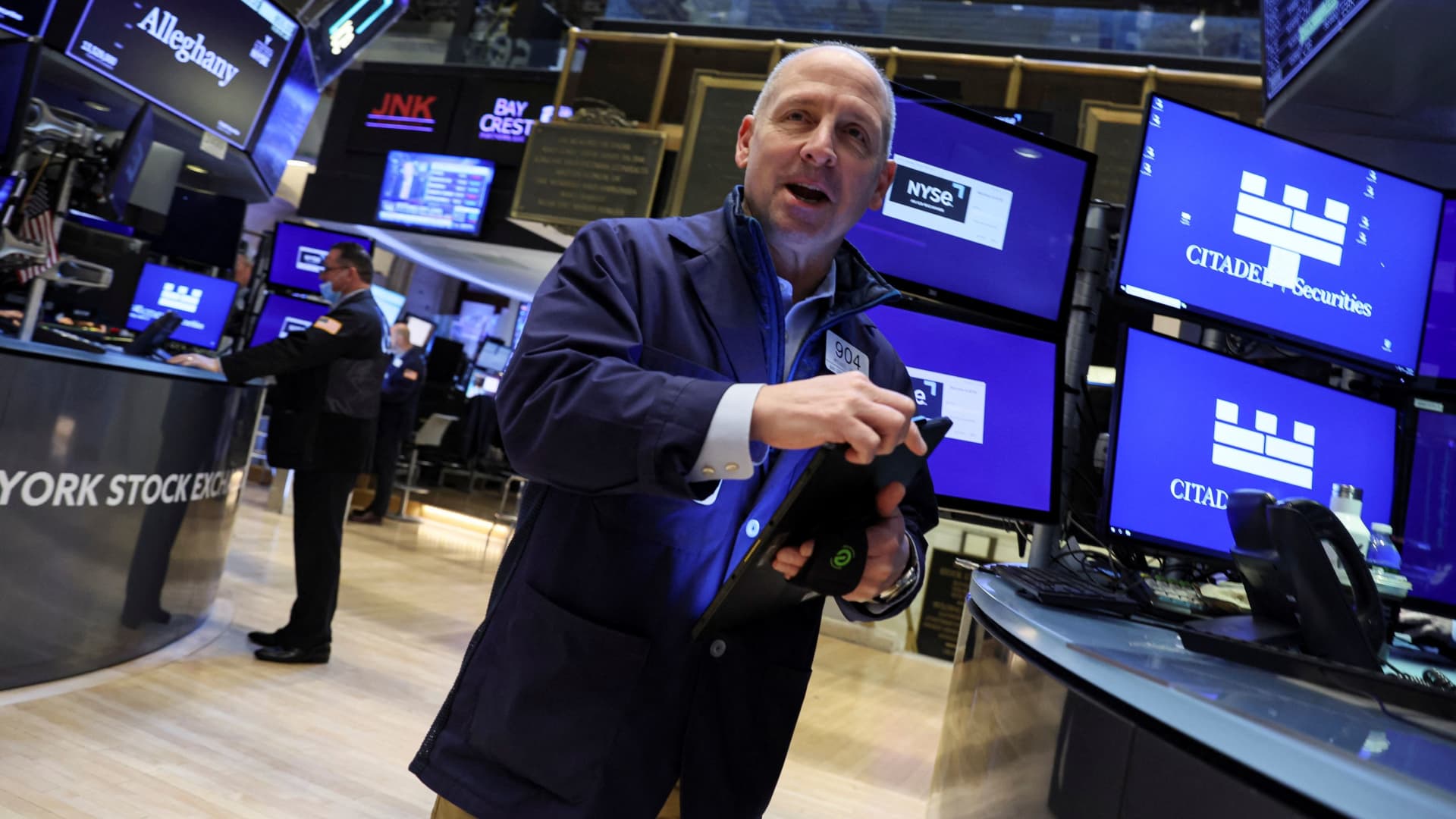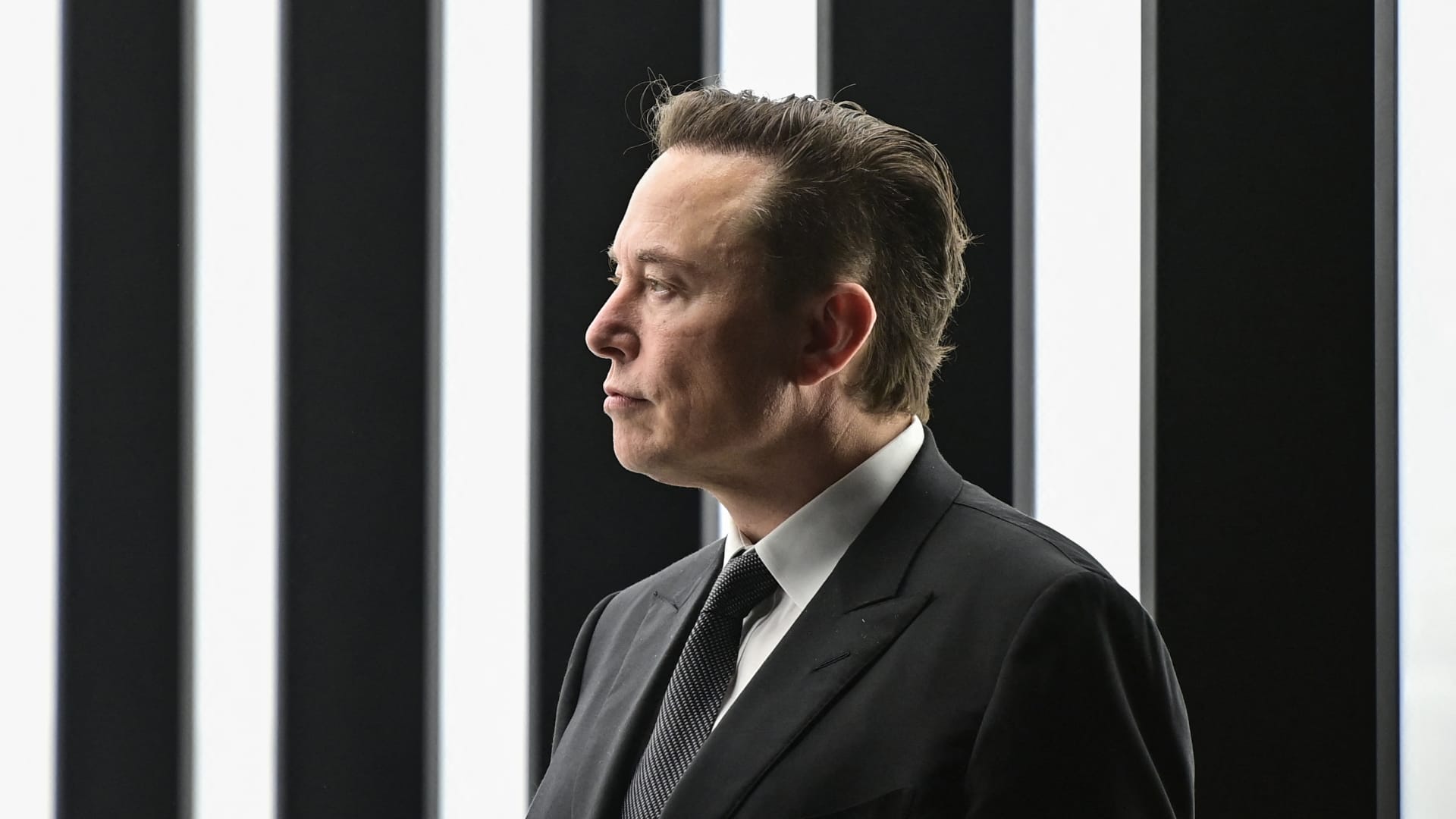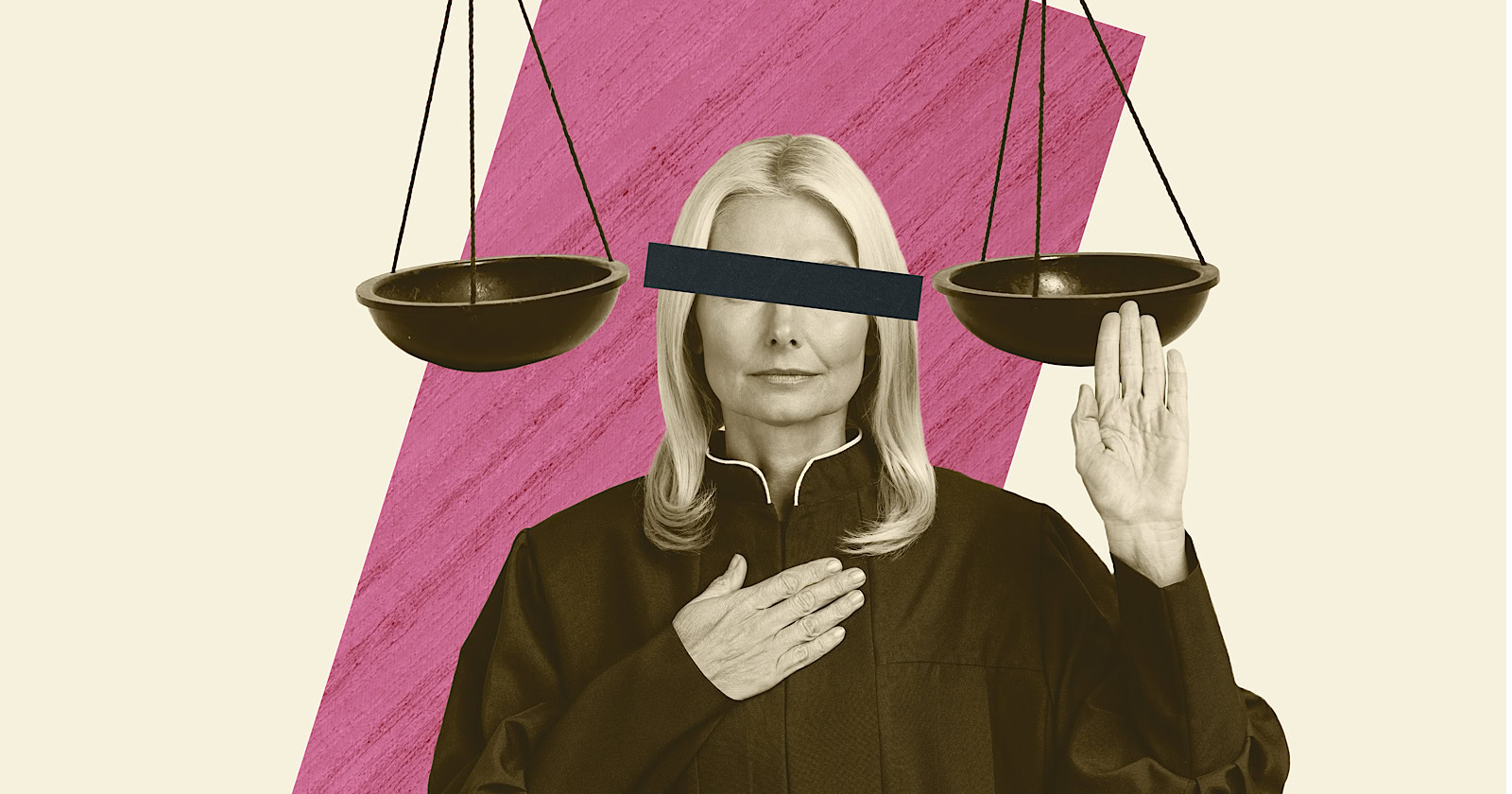ECB chief economist says it may have to 'think again' on policy if outlook deteriorates rapidly
European Central Bank Chief Economist Philip Lane on Friday acknowledged "very high" inflation in the region and said the Frankfurt institution might have to "think again" about its policy stance.
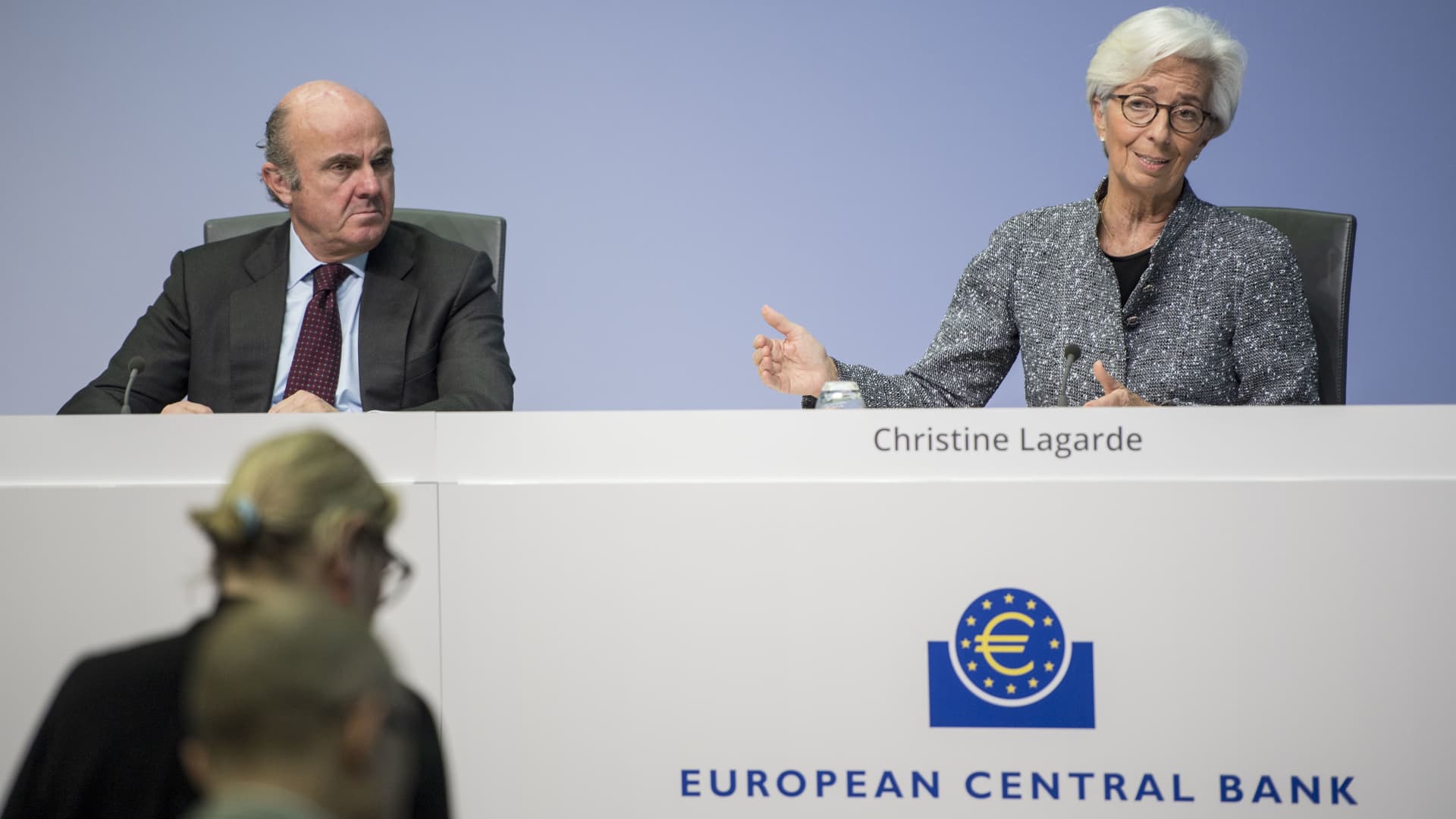
European Central Bank Chief Economist Philip Lane on Friday acknowledged "very high" inflation in the region and said the Frankfurt institution might have to "think again" about its policy stance.
The euro area saw inflation reaching 7.5% in March, according to preliminary data released Friday. Headline inflation has broken new records recently, having stood at 5.9% in February. Moreover, experts estimate inflation will rise even higher going forward.
"In terms of our sequence, the first decision will be if the medium-term inflation outlook is maintained we would be looking at ending net [asset] purchases in the third quarter," ECB's Lane told CNBC Friday, regarding its current policy trajectory and the removal of pandemic-era stimulus.
"However, if the outlook deteriorates by so much that the inflation outlook weakens, then we will have to think again," he added.
The ECB had announced last month that it will end its quantitative easing program in the third quarter given higher inflationary pressures. However, the central bank is seen as being at a crossroads as Russia's unprovoked invasion of Ukraine has brought new economic challenges, notably pushing up energy and food prices.
As such, one of the dilemmas that the ECB faces is how to address massive inflation levels while also taking into account slower economic momentum.
"We have opposing forces," Lane said. "We have the energy shock at the prospect of second-round effects at pushing up inflation; on the other hand ... the weakening of sentiment, at the fact that real incomes will suffer with the high energy prices especially over a kind of a one or two-year horizon, we'll have a negative pressure on the inflation outlook," Lane told CNBC.
He added that as a result there will be a "lot of work, a lot of analysis, a lot of debate about the net impact of those opposing forces."

 ShanonG
ShanonG 







